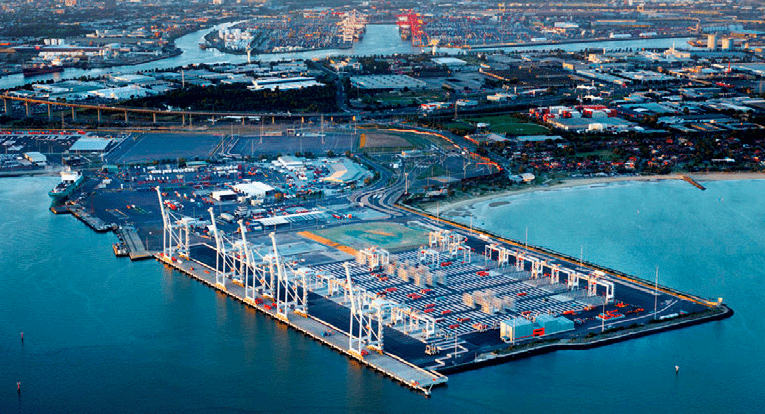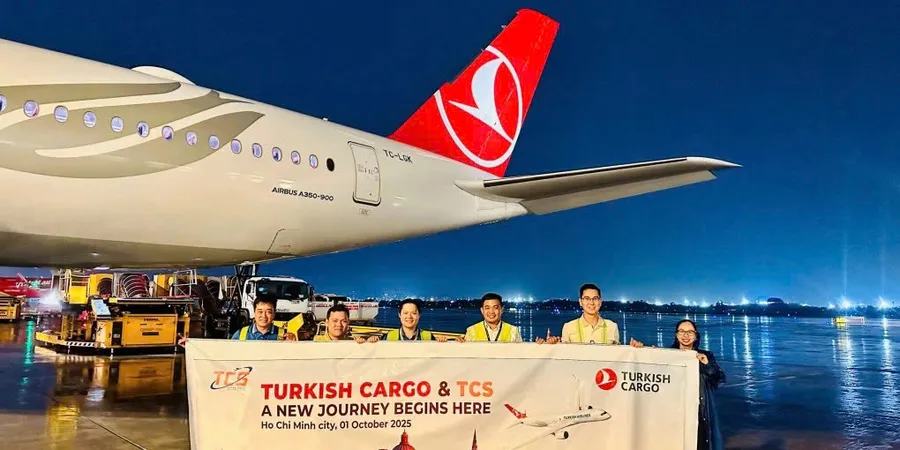Port of Melbourne sets sights on net zero target
Port of Melbourne targets to achieve net zero emissions for Scope 1 and 2 for Australian port operations by 2030.
More specifically, Port of Melbourne plans to achieve its net zero targets by sourcing 100% of the electricity needed for its business operations from renewables and transitioning its corporate vehicle fleet and marine survey vessel to electric or zero-emissions fuel technologies.
"As well as committing to net zero emissions for our own operations, we are well placed to support the efforts of our stakeholders to progress decarbonisation efforts across the port supply chain," commented Port of Melbourne CEO, Saul Cannon.
Earlier, Port of Melbourne signed a Memorandum of Understanding (MoU) with industry in order to explore the commercial feasibility of establishing a green methanol bunkering hub at the Port of Melbourne.
Furthermore, the Australian port also recently joined the C40 Green Ports Forum – an organisation of cities and ports around the world with goals to mitigate air pollution and greenhouse gas emissions and deliver positive health and economic benefits for communities.
Source: Container News





